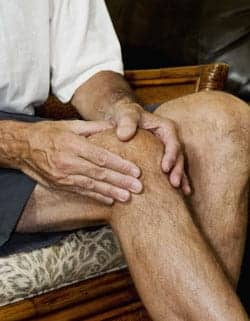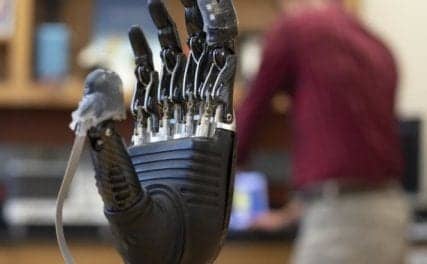
Ruiter is reportedly recruiting knee OA patients for a sleep study who are currently participating in an ongoing pain study at UAB known as the Understanding Pain and Limitations of Osteoarthritic Disease (UPLOAD) study. Individuals participating in the UPLOAD study who qualify for the sleep study will undergo sleep testing for two nights in the UAB Sleep Wake Disorders Center. A university news release notes that researchers will use the first night to pinpoint participants without pre-existing sleep disorders, who will then undergo a second night of testing.
Ruiter emphasizes the importance of the study, as, “Treating sleep to modify pain may allow more options than simply treating pain at the source, which is often extremely difficult.”
A wide range of factors may influence pain in OA patients, according to Laurence Bradley, PhD, professor, Division of Clinical Immunology and Rheumatology, lead investigator of the UPLOAD study. These include blood pressure, hormone levels, psycho-social factors such as perceptions and expectations, as well as genetic factors.
Ruiter states that specifically, African-Americans may be more likely than Caucasians to have knee OA and report greater severity of pain and disability as a result of the disease. Ruiter adds that ethnic differences in measures of objective sleep and pain processes in the central nervous system may represent key contributors.
“We hope the study will shed light on the clinical usefulness of pain measures and sleep measures, and suggest new therapies to treat pain by treating the potential underlying sleep issue,” Ruiter says.
The release notes that individuals interested in the OA sleep study must be enrolled in the UPLOAD study. The UPLOAD study is enrolling patients aged 45 to 85 years old with and without knee OA.
The study aims to investigate the ethnic differences in laboratory-induced pain and evaluate whether coping styles, other health conditions, economic factors, hormones, genes may explain these ethnic differences.
Source: UAB





